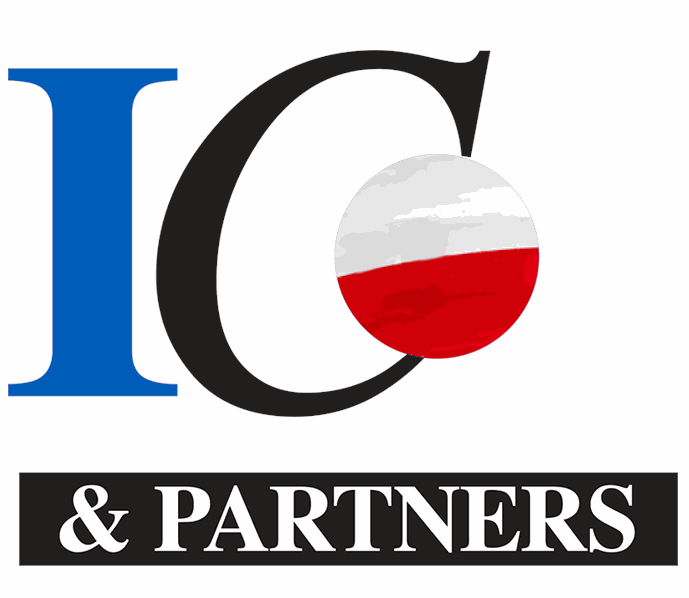Changes to the National Electronic Invoicing System
On 21 March 2024, the Ministry of Finance concluded the last phase of the consultation on the National Electronic Invoicing System. During the meeting, Finance Minister Andrzej Domański and Head of the National Tax Administration Marcin Łoboda assured that the mandatory KSeF will come into force, with a deadline to be announced at the end of April/May 2024.
During the meeting, the Ministry of Finance presented the main assumptions of the proposed changes to the legal solutions and functionalities of the mandatory national electronic invoicing system (KSeF).
A single implementation date for mandatory KSeF
KSeF mandatory for all taxpayers on a single date (for active taxpayers and those exempt from VAT).
Postponement of sanctions and the obligation to provide the KSeF number in payments, also for the split payment mechanism. Further postponement for invoices issued by the cash register and for receipts with the PIN recognized as an invoice.
Offline mode
Introduction, during the transition period, of the possibility for all taxpayers to issue electronic invoices "offline" outside of KSeF with a QR code and enter them into KSeF on the next working day.

Consumer invoices and identification of VAT-exempt buyers
Allow issuing consumer invoices in KSeF (optional). Allow the consumer to access the invoice in KSeF by assigning a QR code - the so-called "anonymous access" to the invoice in KSeF.
"Self-identification" of the buyer so that the supplier can issue an invoice in KSeF.
VAT exempt taxpayers will be required to include their VAT number (if they are registered for VAT) or PIN (others) on their invoices if they make purchases for business purposes. Taxpayers who account for PIT on a general or flat rate basis will be required, for income tax purposes, to have an invoice in KSeF.
Bills for utilities, telecommunications and other "collective" services
Adding a structured attachment to the invoice in KSeF. The Ministry of Finance will grant a further deferral of the obligation for the utilities, telecommunications and other "commulative" services sectors, necessary to adapt their solutions to the KSeF. This means creating the ability to add attachments to the invoice for utilities, telecommunications and other "collective" services.
Installing certificates for QR codes before implementing KSeF
It is necessary to ensure that buyers' certificates can be generated and downloaded in advance for invoices issued during the breakdown period and offline.
Issuing invoices outside KSeF - paper invoice
The ability to use paper invoices during the transition period for taxpayers where the implementation of KSeF may be problematic and the scope and value of invoices issued are reduced. The solution would apply when none of the invoices issued by such taxpayers exceeds the amount of PLN 450 (100 EURO), up to a total value of PLN 10.000 per month.
Additional obligation to mark in the JPK_VAT sales records invoices issued without KSeF (also issued offline or during a failure and not entered into KSeF on time).
The next consultation on KSeF is scheduled for April 2024 and will cover changes to the legislation.
Adw. Katarzyna Parodi
katarzyna.parodi@icpartnerspoland.pl

IC&Partners Poland S.A.
Plac Powstańców Warszawy 2a
00-030 Warszawa
Tel: +48 22 828 39 49
Fax: +48 22 827 78 91
info@icpartnerspoland.pl
#Law #Tax #Accounting #Payroll #Internazionalizzazione